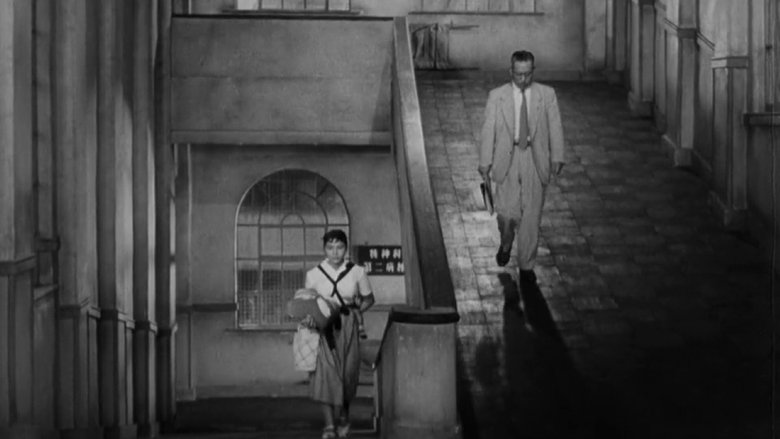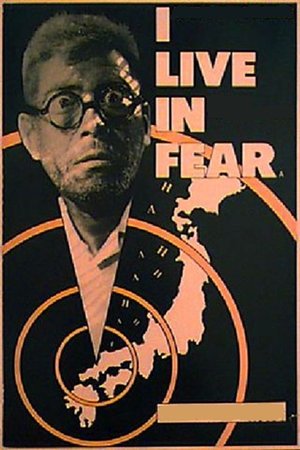
I Live in Fear (1955)
1h 43m | PG-13
An aging foundry patriarch, gripped by terror of nuclear annihilation, tries to uproot his family to Brazil. When they petition to have him declared incompetent, a family-court counselor witnesses his obsession slide into ruin—and asks whether ignoring the atomic threat is any saner.
Director: Akira Kurosawa
Studio: TOHO
Genre: Drama
Video: 720p
Cast
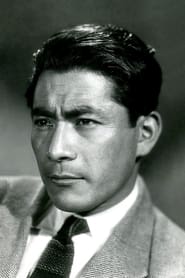
Toshirō Mifune
as Kiichi Nakajima
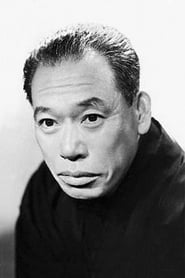
Takashi Shimura
as Domestic Court Counselor Dr. Harada
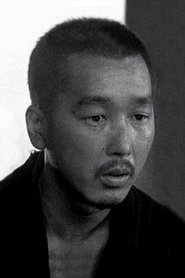
Minoru Chiaki
as Jiro Nakajima
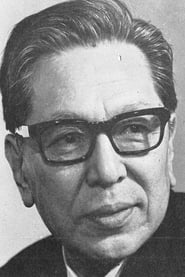
Masao Shimizu
as Yamazaki, Yoshi's husband
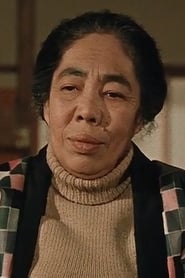
Eiko Miyoshi
as Toyo Nakajima

Kyoko Aoyama
as Sue Nakajima
Reviews
This is a far cry from the usual Kurosawa/Mifune effort; indeed in this, Toshirô Mifune is almost unrecognisable. No brave, honourable Samurai this time, but an elderly foundry-owner who is paranoid about the potential impact of nuclear war on his family. To this end, he is determined to sell up and relocate his family to Brazil. The family don't fancy this idea much and try to have him certified. What ensues is a battle of wills, priorities and personalities set against a traditional set of Japanese family structures and values. Viewed, largely, from the perspective of independent arbiter "Dr. Harada" (Takashi Shimura) who has been drafted in to help settle the matter amicably; we visit the perfectly valid (though frequently selfish) approaches taken by both Mifune and his family - who have plenty of scores to settle amongst themselves - as the film tries to establish the best course of action to satisfy both parties. There is quite an interesting scene mid-way through when at the height of their dispute, the old man returns to the court armed with bottles of pop which he has bought for his family to help combat the unrelenting heat, indicating that he clearly still cares greatly for his family, even though they are at loggerheads... and for me, that rather sums the whole thing up - there isn't necessarily a right or wrong solution; it's about individuality and choice but ultimately the happiness of others; and Mifune is great. I found the last fifteen minutes quite sad, perhaps building on the old adage about families and money. Japan, for a good while, struggled to reconcile itself to the realities of a post-Hiroshima threat, so from an observer some 6,000 miles away it can be hard to understand just how viscerally the danger of repetition was taken by many - this film is a thought provoking, emotional - and, at times humorous, glimpse into that fear.
